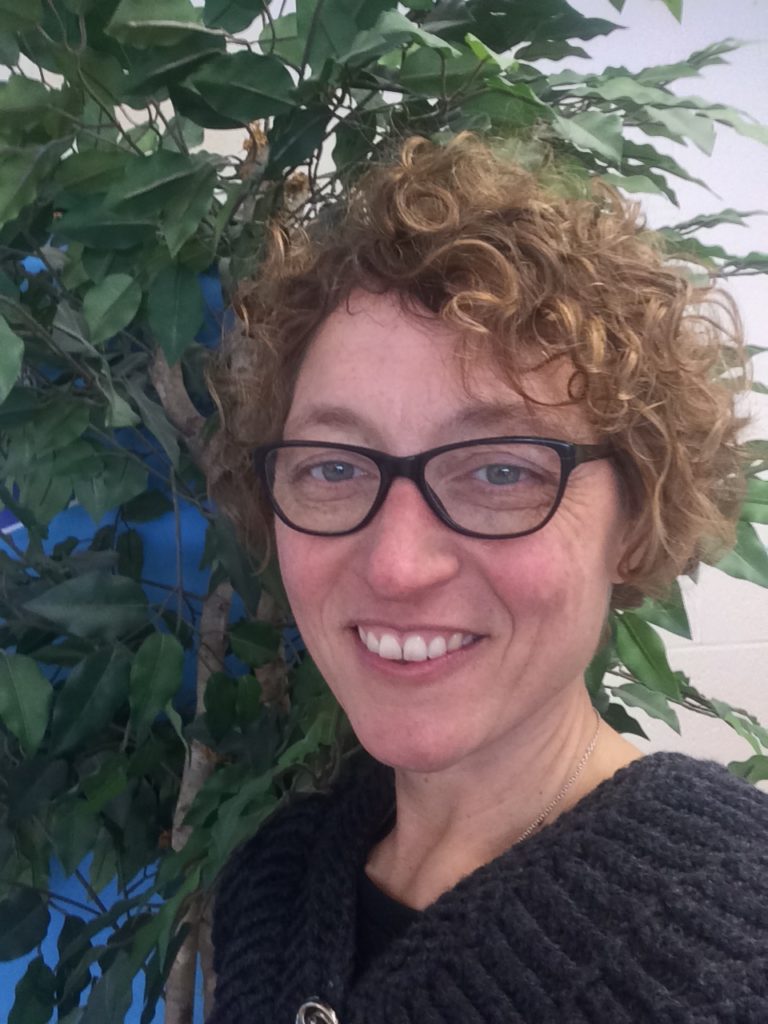
I hear many complaints about assessment from my colleagues, those in my subject area and others. When I am in a good mood, I try to counter their complaints with “Assessment is great!”, “Assessment helps us know our students!” This is usually met with a groan, an eye roll, or worse. I am serious when I say that assessment does help me get to know my students. It not only informs my instruction and helps me pick activities, but it helps me get to know that student as an individual.
Because I film my assessments, whether it’s singing, steady beat, movement or playing, it allows me to watch the student during the assessment for other behavior. It frees me to really focus on the student instead of the outcome of the assessment. I can see if their hands are shaking, if they are biting their lower lip, clenching their teeth or other signs of distress. It allows me to focus on that student and watching their comfort level with the assessment. I can address issues by just quietly saying something to the student, or I can use the opportunity to re-teach on the spot.
I find that the more assessments I do, the more comfortable the students get with them. Occasionally they even request the assessment! For them it is a measuring stick as well, particularly with my younger students who frequently repeat an assessment. M.E101, Singing a Song and M.E104, Performing a Steady Beat Accompaniment on instruments work really well for these frequent check-ins. This year’s favorite version of M.E104 included a special ‘Frog guiro’ or “ribbit”. While the class sang the short folk song “Frog in the Meadow”, one student accompanied the class on the ribbit, keeping a steady beat. At the conclusion of the short song, the ribbit was passed and the next student had a turn. During this assessment the camera was watching the beat, and I was watching the students. As the activity was fun, most students were very confident in their playing. A couple students were hesitant and that allowed me to then spend an extra few minutes with students at a different time.
This assessment was repeated several times over the course of the year. By the end of the year, everyone had shown growth in singing and in keeping the steady beat. I changed the song and tried to find interesting instruments that would captivate young learners. We all had fun, we grew, and assessment was not a bad word! Your students will teach you what they need to know, you will get to know them and build relationships with them by repeating assessments frequently. Look for ways to make it fun! If it is fun for you, it will be fun for them. Building those relationships, getting to know them and their strengths through assessment will help you help them overcome their deficiencies. Keep Playing, Keep Making Music, Keep Assessing!
Holly Olszewski teaches for Grand Traverse Area Public Schools and serves as a MAEIA Leadership Fellow, offering professional learning on the MAEIA tools and resources.
Click here for a Printer friendly version of this article.
Leave a Reply
You must be logged in to post a comment. Don't have an account? Register Here.